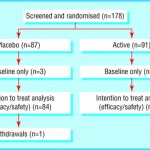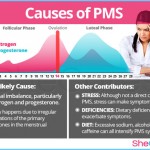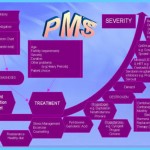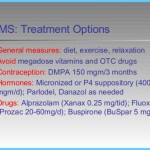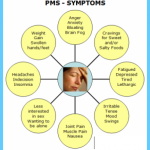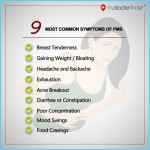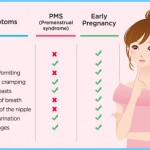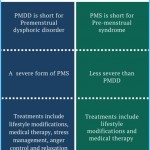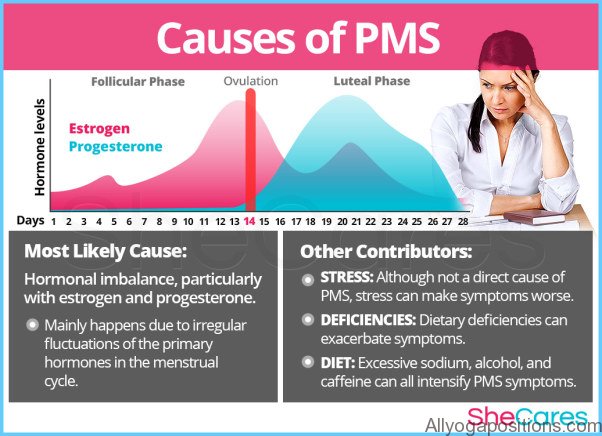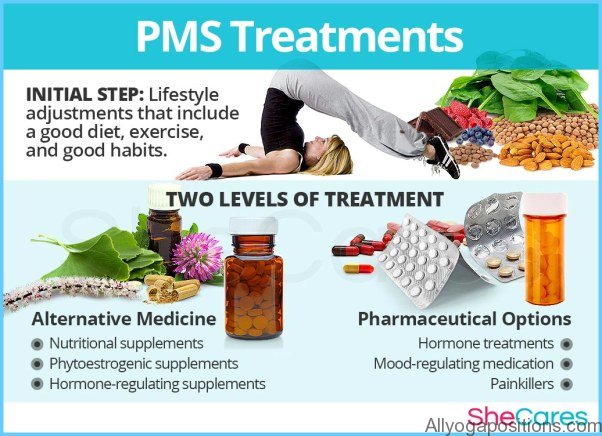Treating PMS can be just as difficult as diagnosing it. That’s because the condition affects different women in so many different ways. Most conventional treatment approaches are directed at relieving symptoms and improving the quality of life. Before you embark on a medication to treat a symptom, try implementing the nutritional approaches that follow for three menstrual cycles. If dietary and/or other lifestyle changes don’t improve your PMS within three months, your doctor may suggest medications to reduce your symptoms. Keep in mind the drugs below can help alleviate symptoms, but some of them have side effects that may cause problems of their own.
1. Diuretics These drugs eliminate excess fluid from your body by increasing urine production; they are often used to treat premenstrual swelling of hands, feet and face.
2. Analgesics (pain killers) The most effective of these are the non-steroidal antiinflammatory medications (NSAIDs) like Anaprox®, which is usually prescribed for headaches, menstrual cramps and pelvic pain.
3. Antidepressants These are widely used to treat the depression and mood disorders associated with PMS. They work by increasing the level of natural brain chemicals that are affected by the female sex hormones. Selective serotonin reuptake inhibitors (SSRIs) such as Prozac® and Zoloft® are the most effective in reducing the psychological symptoms of PMS.
4. Oral contraceptives These are often prescribed to women to even out hormonal fluctuations. While some women benefit from these pills, others experience no change in their symptoms. Some women find that their symptoms are worsened by birth control pills.
5. Ovarian suppressors Drugs such as Danocrine® (a synthetic hormone related to the male sex hormone, testosterone) are sometimes used to stop the menstrual cycle. When the menstrual period stops, studies show that PMS stops, too. While the results of this type of treatment are usually very good, women often do not want to go to such extreme measures to manage their condition. Side effects of ovarian suppressors include the development of menopausal symptoms, such as vaginal dryness and hot flashes.
Managing PMS
Fortunately, there are some fairly simple modifications to your diet and lifestyle that can help you manage this physical and emotional roller coaster. During the worst phases of PMS, drug therapy may be necessary to improve your quality of life.

